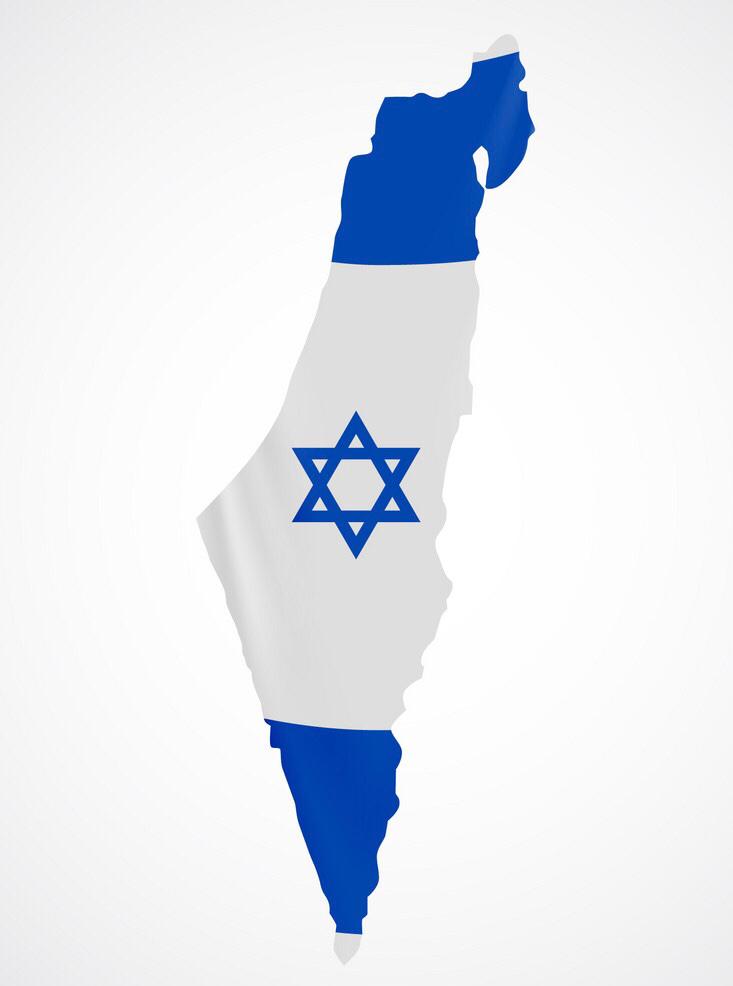5 Major Moments in Israeli History – From Then Until Now (Reena Bernstein, High School Intern)
1. August 29th, 1897: First Zionist congress in Basel, Switzerland
On August 29th, 1897, approximately 200 people from 17 countries gathered together in Basel, Switzerland for the first Zionist Congress. It was organized by Theodor Herzl, who shared his plans for a Jewish state. During the congress, many matters relating to Zionism and a Jewish state were discussed. By the end of the congress, the World Zionist Organization was established, and Hatikvah was adapted to be the national anthem. The first Zionist congress paved the way for the establishment of the State of Israel.
2. May 14th, 1948: Declaration of the State of Israel
This is a day no Zionist should ever forget. On May 14th, 1948, the State of Israel was established. The path to independence was not easy. During and shortly after WWII, the British Mandate had control over Palestine, and restricted the amount of Jewish immigrants coming in to the region. Despite the restrictions, many Jews illegally immigrated. There was a lot of violence between the Zionists and the British at this time, and on November 29th, 1947, the British handed over the Mandate to the UN. The UN suggested a partition plan, and while the Zionists accepted it, the Arabs rejected it. On May 14th, David Ben Gurion announced the creation of the State of Israel, and at midnight, the British Mandate over Palestine was officially terminated. Nowadays, Yom Haatzmaut is celebrated on the Hebrew date of the original declaration, the fifth of Iyar.
3. July 4th, 1976: Mission Entebbe
An Air France passenger plane travelling from Paris to Israel was hijacked by terrorists in the summer of 1967. The plane had a stopover in Athens, then was hijacked, and landed in Entebbe, Uganda. The terrorists released non Jewish passengers, but held hostage all those who were Jewish. The terrorists hoped that in exchange for keeping the passengers alive, Israel would release some terrorists from prison. Israeli soldiers quickly devised a plan to save the hostages. On July 4th, they flew to Uganda and rescued the hostages. The operation was a success, although it did lead to the death of one Israeli soldier, Yoni Netanyahu, and a few of the hostages. In 2018, the movie 7 Days in Entebbe was released, based off of this event.
4. September 12th, 2005: Israeli Disengagement from Gaza
Also called the Hitnatkut, Israel evacuated all citizens and IDF soldiers and dismantled Jewish settlements in the Gaza Strip. Prime Minister Ariel Sharon first proposed this idea in 2003, and it was approved by the Knesset in 2004. The disengagement was meant to help Israel’s economy, and security. It was very hard to protect these settlements, as they needed a lot of soldiers and money to keep them safe. While most Israelis supported the disengagement, many were against it, saying that it would make Israel seem weak, among other reasons. Protests were held leading up to and during the disengagement. It began in August 2005, and by September 12th, all 21 Israeli settlements, with over 8000 residents, were evacuated. Today, almost fifteen years later, many evacuated settlers are still struggling to find permanent homes or jobs.
5. October 18th, 2011: Gilad Shalit is released
IDF soldier Gilad Shalit was captured by Palestinian militants affiliated with Hamas on June 26th, 2006, in a cross border raid. Other soldiers were injured and killed in the attack, and Shalit was kidnapped, then held in a secret location for years. Hamas wanted to negotiate a prisoner exchange, where 1000 Palestinian prisoners would be released in exchange for Gilad Shalit. This offer was declined. Small pieces of information were released over the years about Gilad Shalit through letters and recordings. During this time, his parents advocated for more effort to be put into their son’s release, and in 2010, a 12 day march was held. On October 18th, 2011, 1000 Palestinian prisoners were released in exchange for Gilad Shalit’s release.
The history of Israel has been full of many important and impactful events. I hope that future key moments will include peace agreements and improved diplomatic relations with more of Israel’s neighbors.


